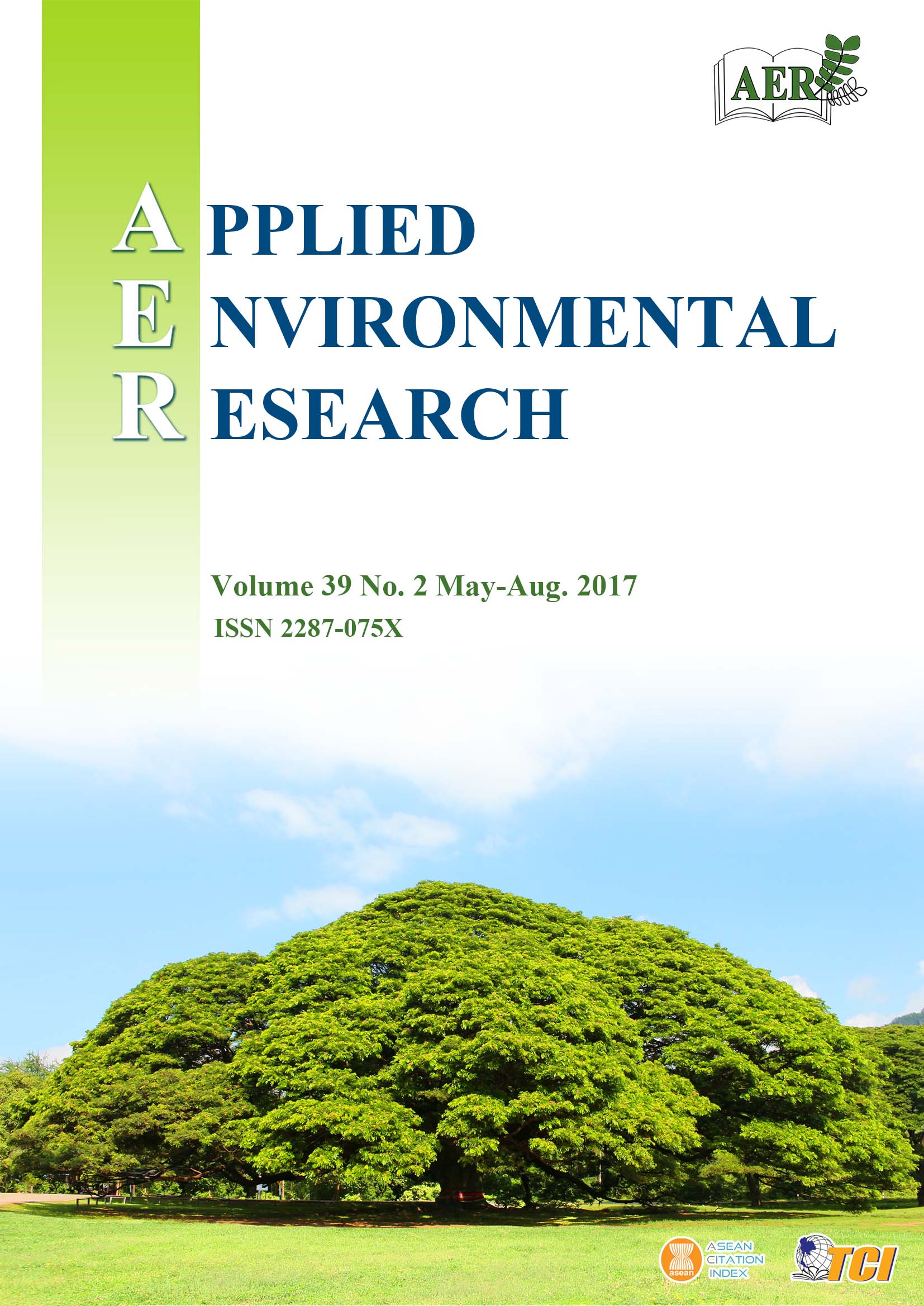Solid Waste Generation, Composition and Management in Paro Hotel Industry
Main Article Content
Abstract
Management of solid waste has become an increasingly important global issue as a result of population growth, as well as increasing individual needs, changes in lifestyle and growth in tourism. This waste management problem has become severe in the Paro region of Bhutan, driven by growth in tourism, changes in consumption patterns and growth in GDP. This research aimed to study the amount of waste sent to landfill, and the current status of solid waste management systems and waste composition in Paro District hotels. The current composition of solid waste from hotels comprises organic waste (53 %), glass (14 %), paper (9 %), metal (7 %), LDPE (7 %), textiles (5 %), HDPE (3 %), rubber (1 %), and others (1 %). To improve solid waste management (SWM) in the hotel industry and to reduce total amount of waste generated, environmentally sound practices in various nations are recommended such as implementation of guidelines, monitoring systems, education and special training programs for hoteliers and customers.
Article Details

This work is licensed under a Creative Commons Attribution-NonCommercial 4.0 International License.
Published articles are under the copyright of the Applied Environmental Research effective when the article is accepted for publication thus granting Applied Environmental Research all rights for the work so that both parties may be protected from the consequences of unauthorized use. Partially or totally publication of an article elsewhere is possible only after the consent from the editors.

